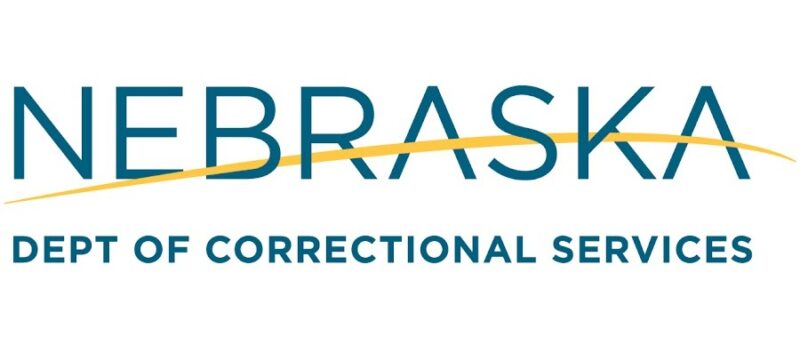![]()

The audit report released today by the Auditor of Public Accounts outlines recommendations for the Nebraska Department of Correctional Services (NDCS).
“As an agency, NDCS is committed to providing better outcomes for the people we serve,” said NDCS Director Rob Jeffreys, “We take recommendations from this comprehensive audit report seriously. During the audit period, the agency was in the process of implementing many of these changes, and we will continue to evaluate and alter processes to enhance efficiencies.”
In the audit report, NDCS provided responses to each of the areas of recommendation. Summarization of these responses include:
Inmate Medical Costs
During the audit period, the Medicaid application process was implemented, which included extensive coordination efforts with the contractor, as well as the Department of Health and Human Services Medicaid Division. Although not all incarcerated individuals meet Medicaid requirements, NDCS now obtains signed applications for all newly admitted incarcerated individuals upon admission and also implemented a process to obtain signed applications for all other incarcerated individuals.
The NDCS Health Services Electronic Health Records system became operational in March 2024. This system provides additional information for analysis and review of medical expenditures. NDCS is also reviewing the feasibility of an electronic system that uses peer review standards to support appropriate healthcare decisions and drive utilization reviews of expenditures, including Blue Cross Blue Shield payments.
Inmate Trust Funds
NDCS has begun the implementation process to move the inmate accounting system off the mainframe onto a new electronic system. The new system provides reconciliation processes which will greatly reduce the time for processing and the likelihood of errors.
As noted by the auditors, NDCS Accounting does not release a direct deposit without a paystub. This is necessary so that NDCS can ensure income posted to the incarcerated individual’s institutional account complies with NDCS policy and State of Nebraska statutory requirements (i.e. 5% net wages due to the State Victim’s Compensation fund). NDCS will be closely reviewing this process to identify possible efficiencies.
Inmate Maintenance Fees
NDCS Policy 113.02, Inmate Accounting, provides for maintenance fees to be charged to incarcerated individuals. As noted by the auditors, this policy was updated (after the covered audit period, but before the audit) to take into consideration factors that impact the maintenance fee being charged, such as the labor market, general economic conditions and other applicable considerations. These considerations are more appropriate than applying an arbitrary rate based on net wages earned by an incarcerated individual. Policy 119.03, Private Venture Projects -Incarcerated Individual Accounting, will be updated as needed during its next annual review. The policies as published by NDCS meets the requirement of § 83-183.01.
Departmental Staff Overtime
NDCS closely reviews all overtime and compensatory time paid to its employees at least monthly and often more frequently. While overtime expenditures have decreased from the previous year, overtime is necessary if the required number of team members are not available to continue to protect the incarcerated population, team members and the public. Overtime is approved in compliance and as required by applicable labor contracts.
Inmate Debit Card Usage
NDCS will be reviewing this entire process to identify possible efficiencies and to update policies and procedures accordingly.
Central Pharmacy
Procedures and processes have been revised to provide increased accountability and ensure proper segregation of duties, including approval of inventory adjustments. The revision also requires that the reason a medication could not be returned to inventory be documented.
Leave Payment
NDCS revised Policy 112.33, Leave Provision, (after the covered audit period, but before the audit occurred). NDCS no longer allows employees to use leave to accumulate more than 40 hours during a work week.
